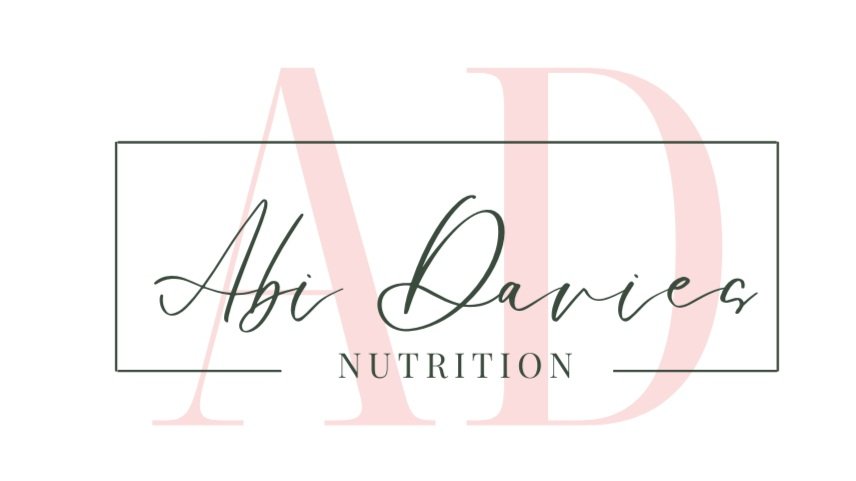Alcohol & Performance
Its almost an unwritten rule ‘Thou shallt go to the pub after your sporting event’
Run 26.2 miles, be handed a cold beer alongside your well earned medal.
Sink your ball on the 18th hole, off you go to the 19th hole to ‘rehydrate’
Head to the clubhouse after your sports fixture.
Whilst great for team morale and getting to know your competitors, what does it mean for your performance and your recovery?
Typically, those who compete will sweat or find themselves going longer than is preferable without a drink, or enough drink to counteract their sweat rate- there are no toilets out on the golf course and drinking whilst running a marathon slows you down! Dehydration is almost assumed and expected. Whilst there is some great evidence that beer contains lots of electrolytes lost from sweat, more than one beer, or other alcoholic beverages will contribute to increased dehydration. Delaying your recovery and contributing to a mega hangover.
Alcohol interferes with your metabolism and your blood sugar balance. While your liver is detoxing alcohol from your blood stream, glucose being transported in your blood stream is not released - this results in low blood sugar and hypoglycaemia. Low blood sugar may impair your sporting performance due to a blockage or hold up in your energy production pathways due to the reduced glucose availability. If you are planning a training session the day after drinking, I would recommend bearing this in mind and consider swapping sessions on your training plan around or pushing your training session later into the day if its scheduled for the morning and avoid training fasted. [1]
Sleep can also be thrown off after heavy alcohol consumption. Have you ever had a few drinks and then woken up in the middle of the night with a racing heart, taken ages to fall asleep after spending a long time getting your head in just the right position on your pillow to stop the room from spinning, or felt your hangover start to set in in the early hours of the morning. This is a lot of sleep interruption and we know how important sleep is for muscle recovery and repair. Ultimately inhibited muscle repair due to insufficient sleep can lead to an increased injury risk. [2]
Your muscle recovery will be further impacted by the inhibition of muscle repairing hormones also inhibited by alcohol.
The question is, is it worth it? With the cards in your hands, is it worth it? 1, maybe yes? 4,5,6 only you can decide.
[1] https://www.ncbi.nlm.nih.gov/pmc/articles/PMC7739274/
[2] https://pubmed.ncbi.nlm.nih.gov/31493480/

